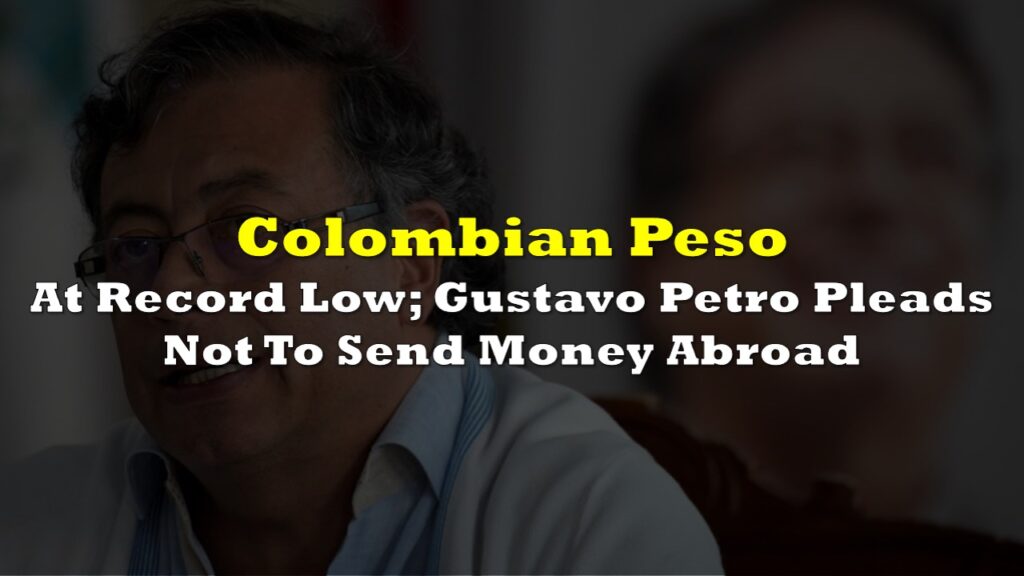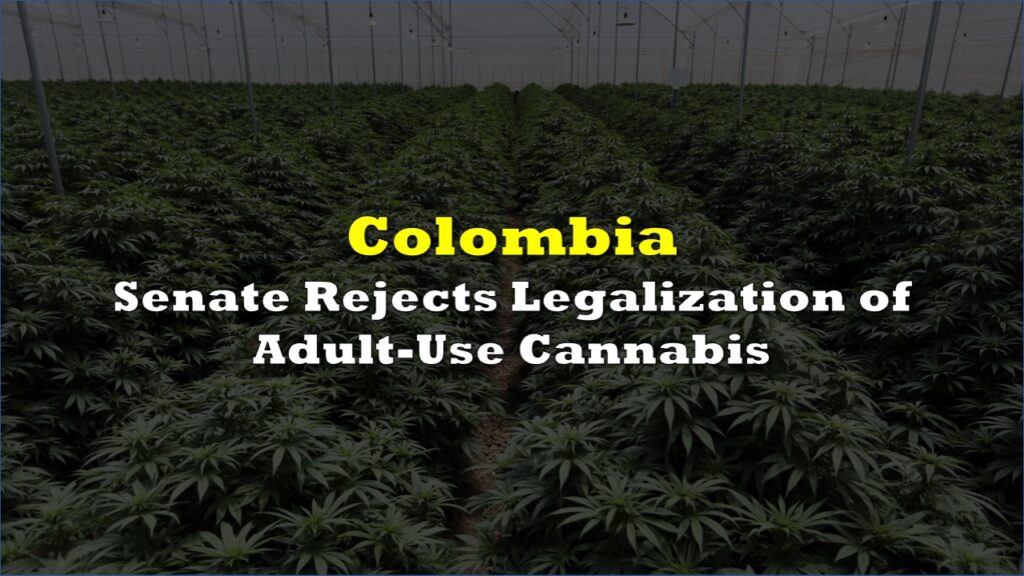Colombia’s mining industry has suffered a significant blow as the country’s Council of State upheld Decree 044 of 2024, a controversial environmental regulation that allows the government to designate temporary natural reserves in mining areas. This decision is a clear setback for the mining sector, which has been grappling with growing restrictions amid the government’s push for stronger environmental protections.
The ruling comes as the government of President Gustavo Petro ramps up its efforts to prioritize biodiversity conservation over industrial development, with mining at the center of the debate. Mining companies and industry leaders, who had filed legal actions to stop the decree, are now facing heightened uncertainty about the future of their operations in Colombia, a country rich in mineral resources but increasingly leaning toward ecological preservation.
Decree 044
On September 12, 2024, the Council of State, Colombia’s highest administrative court, rejected the mining industry’s attempts to overturn Decree 044, which was issued by the Ministry of Environment and Sustainable Development in January of this year. The decree gives authorities the power to establish temporary natural reserves in areas of ecological significance, halting mining activities while thorough environmental studies are conducted to determine the long-term viability of such operations.
The court’s decision to dismiss three separate constitutional actions (tutelas) filed by various mining organizations has far-reaching implications for the industry. The plaintiffs had argued that the decree was imposed without adequate technical justification or community consultation, warning that it could devastate regions economically dependent on mining.
Despite these claims, the court found no basis for halting the decree, stating that the mining sector still had other legal avenues, such as filing for nullification, to challenge the decree. Moreover, the court ruled that the plaintiffs had not demonstrated the existence of “irreparable harm”, a critical factor in granting the constitutional protection they sought.
Impact on the mining sector
For the mining sector, the ruling marks a considerable loss. Juan Camilo Nariño, president of the Colombian Mining Association (ACM), criticized the decision, stating that the decree lacked “rigorous technical studies” and would create legal uncertainty.
“This is bad news for any industry that hopes to operate under fair and clear regulations,” Nariño said. “It sets a precedent that mining activities can be restricted without the proper consultation or technical backing, which could send a chilling message to foreign investors.”
Decree 044 is part of a broader governmental push to limit mining activities in areas of environmental importance. For the mining industry, which contributes significantly to Colombia’s economy, the decree is seen as a serious threat. The ACM, representing 13 mining unions that have opposed the decree, argues that it could lead to a slowdown in foreign direct investment and undermine economic development in regions where mining is the primary source of jobs and income.
“We’re talking about thousands of jobs on the line,” said one mining executive who requested anonymity. “This decision jeopardizes the livelihoods of entire communities that rely on mining, not to mention the broader economic impact.”
In regions like Cesar and Antioquia, where mining plays a key role in local economies, the decree has sparked fear of an economic downturn. Critics of the government’s stance argue that while environmental protection is important, it must be balanced with the need for economic growth.
“Communities that depend on mining for employment and regional development are being left out of the conversation,” Nariño added, warning that mining restrictions without a clear socioeconomic transition plan could create new economic challenges.
Protecting biodiversity
From the government’s perspective, Decree 044 is a necessary step to protect Colombia’s biodiversity and ensure that future mining activities do not come at the expense of irreplaceable ecosystems.
The decree is rooted in Colombia’s Constitutional mandate to protect its environment, specifically Articles 79 and 80, which require the state to safeguard ecologically important areas. The decree also reflects international agreements, such as the Convention on Biological Diversity, which prioritizes the conservation of species and ecosystems .
César Palomino Cortés, director of the National Agency for Legal Defense of the State, praised the court’s decision, stating, “This is a precedent that reinforces the government’s authority to prioritize environmental conservation over short-term industrial gains. It ensures that our natural heritage is preserved for future generations.”
Palomino emphasized that the ruling is part of a larger effort to align Colombia’s mining regulations with sustainable development goals, ensuring that resource extraction is carried out in a way that does not compromise the environment or violate community rights.
The mining industry’s loss in court may not be the final chapter in the battle over Decree 044. The nullification process, still pending before the Council of State, could give the mining sector another opportunity to challenge the legality of the decree.
The Petro administration has made it clear that it will continue to push forward with regulations aimed at curbing environmentally harmful practices in the mining sector. This stance aligns with Colombia’s broader transition to sustainable energy and climate resilience, as outlined in the National Development Plan 2022-2026, which positions Colombia as a leader in green energy and ecological conservation.
Information for this briefing was found via Infobae and the sources mentioned. The author has no securities or affiliations related to this organization. Not a recommendation to buy or sell. Always do additional research and consult a professional before purchasing a security. The author holds no licenses.









